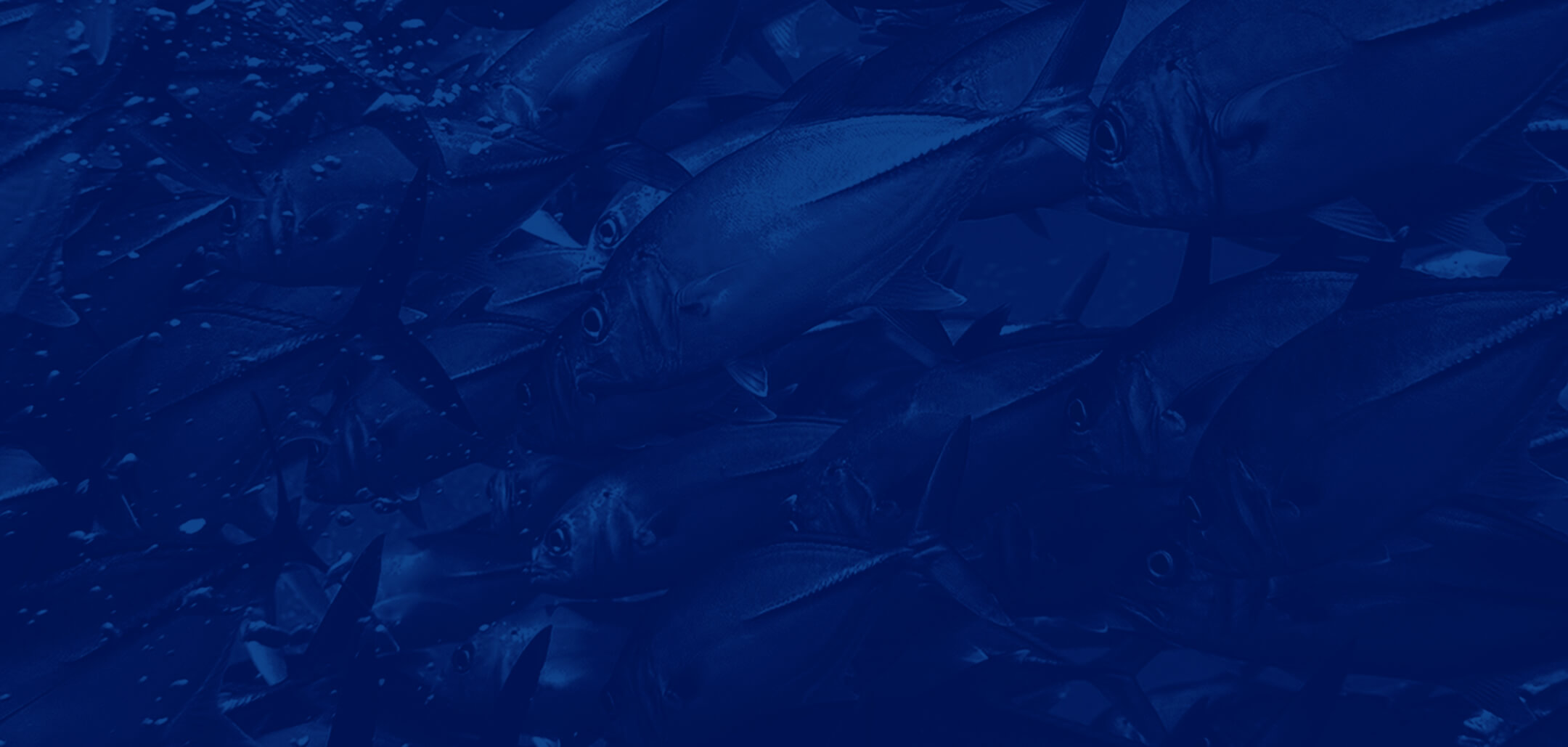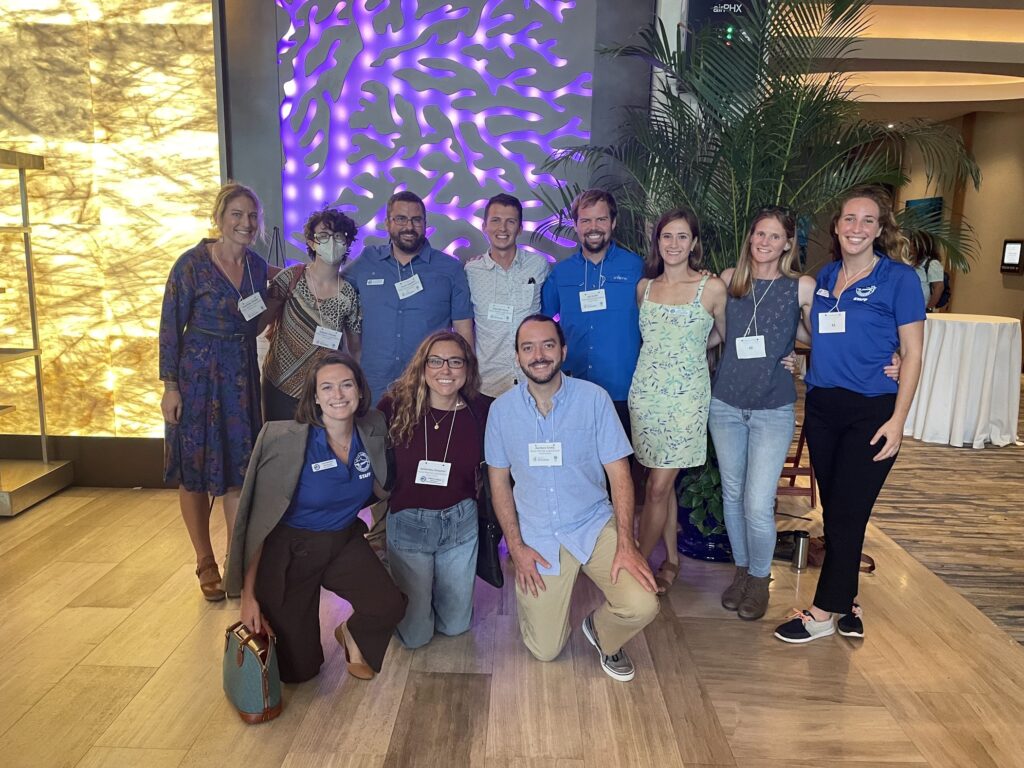Mote Marine Laboratory & Aquarium scientists participated in a conference consisting of a series of workshops that brought together over 600 coral restoration practitioners, researchers, students and resource managers from around the world to share the latest techniques, technologies and science to dramatically scale-up the impact and reach of coral reef restoration. Held at Ocean Reef Club near Key Largo, Florida, this week-long event highlighted efforts made by Mote staff across a multitude of specialized research.
Reef Futures is the premier global symposium focused solely on the interventions and actions necessary to ensure coral reefs thrive into the next century. The conference welcomed those new to the field and experienced professionals to discuss their passion about the field of coral reef restoration.
The conference began with a workshop to provide a foundation in effective coral reef restoration concepts as well as practical and proven techniques that participants can use immediately within their reef restoration projects. From there, researchers were able to share their experience in the field.
Mote staff presented during sessions, and an additional four Mote posters were included. Topics covered by Mote staff throughout the workshops spanned from how environmental influence affects how coral performs to how coral disease research can help us restore coral reefs effectively.
Mote Postdoctoral Scientist Dr. Jason Spadaro opened a session by discussing his research on restoring mobile invertebrates, like the Caribbean king crab. Spadaro joined Mote in 2021 to integrate an ecosystem approach into Mote’s premier science-based coral restoration efforts. His research focuses on manipulating ecological processes, such as grazing, and facilitation cascades to support the restoration and recovery of Florida’s Coral Reef. During the workshop, Spadaro explained the importance of diversity in enhanced invertebrate grazer assemblages. Spadaro is currently expanding Mote’s Caribbean king crab breeding program to restore these invertebrates to the reef, in the hopes that these voracious grazers will reduce algae and improve coral wellbeing and survival.
Each expert presented on their findings in their field of study, bringing collaboration and new ideas to curate better results and a better reef.
Mote Postdoctoral Research Fellow Dr. Grace Klinges discussed molecular methods for rapid assessments of disease resilience potential of Acropora cervicornis in her session on “Advances in Coral Disease Research and Interventions.”
Here is a sample of additional contributions from Mote scientists at Reef Futures:
Sarah Hamlyn, Senior Biologist and Upper Keys Coral Restoration Operations Manager, presented “Locals Only: The Role and Advantages of a Small-Scale Ex-situ Coral Nursery for Islamorada Reef Restoration and Community Outreach
Zachary Craig, Staff Biologist and Land-Based Coral Nursery Manager, presented “Site location, coral species, and genotype composition affect the success of restoration efforts within the Stony Coral Tissue Loss Disease outbreak”
Following Reef Futures
On the opening night of Reef Futures, Mote hosted an open house at our newest satellite land-based nursery at Reefhouse Resort & Marina in Key Largo. Many attendees from Reef Futures toured our nursery, discussed land-based restoration strategies, as well as education and outreach opportunities associated with a hotel-based nursery, while enjoying brews from Florida Keys Brewing Company, developer of Resistant Strain, a locally-brewed beer dedicated to Mote’s resiliency approach to coral restoration.
Following Reef Futures, the week of Oct. 3-7, Mote hosted its annual Coral Restoration Workshop, a multi-day workshop for restoration practitioners and advocates from around the world to learn from Mote, the leading restoration practitioner, in Florida and beyond. Experts from Guam, American Samoa, Saudi Arabia, the West Indies and Hawaii attended this immersive learning experience from Mote scientists. Teaching practitioners and enthusiasts from around the world provides a far-reaching impact of Mote’s restoration science.


